Biodiversity technology and modelling
Developing cutting-edge technology for facilitating biodiversity monitoring
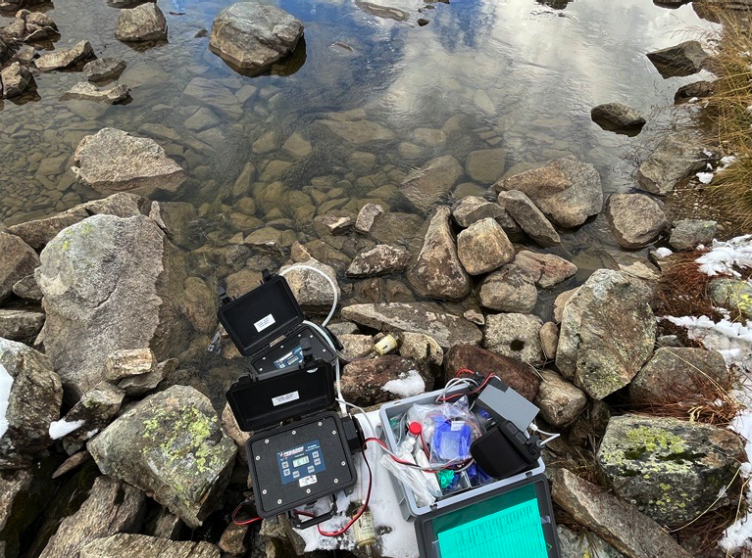
CRISPeD
Efficient biodiversity monitoring is required to inform decision makers about conservation measures, but current methods are cost and time intensive. In this project, we aim to develop CRISPR-Cas assays for eDNA samples to quickly monitor biodiversity at low cost.
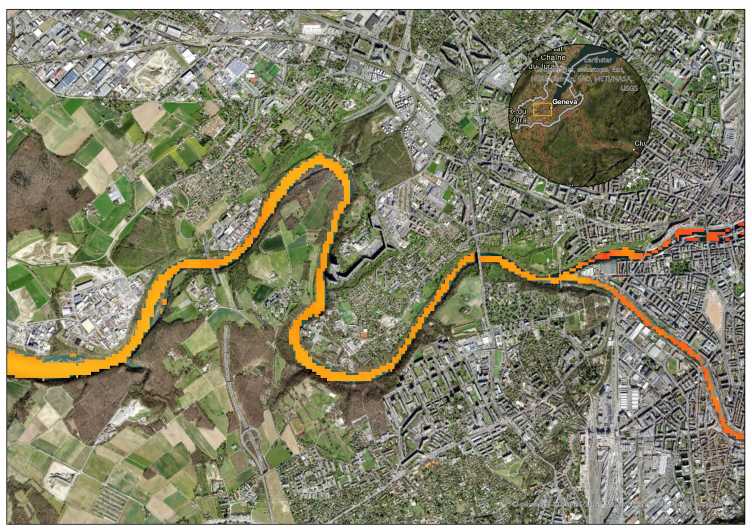
Satellite4Biodiversity - Large scale fast biodiversity observation from space
In this project, we combine environmental DNA data from Vigilife and remote sensing images to build the large-scale biodiversity observatory for the freshwater system. We aim at developing improved monitoring approach for biodiversity in rivers using a combination of remote sensing, eDNA metabarcoding data and machine learning driven model to monitor biodiversity temporally in a global scale and build a routine biodiversity observatory.
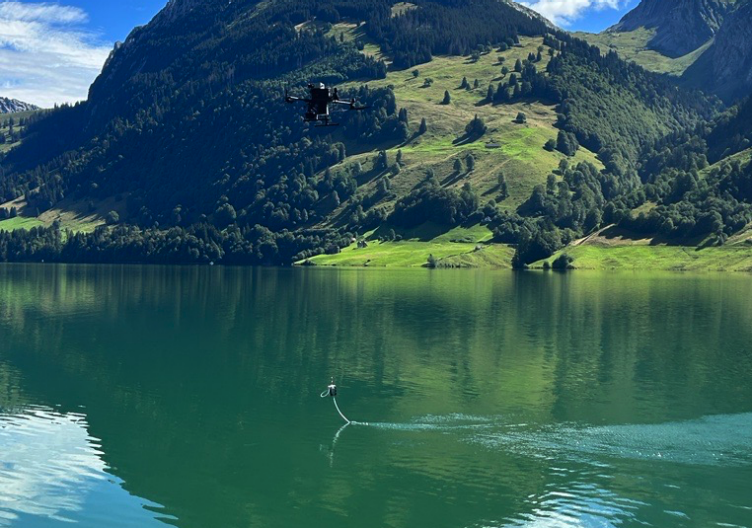
Robot-based automated collection of eDNA
In this project, we innovate the design, perception and operation of drones to advance applications of eDNA technologies for biodiversity monitoring. By leveraging these automated systems, we can overcome the limitations of manual sampling, reduce cost, and expedite data acquisition.
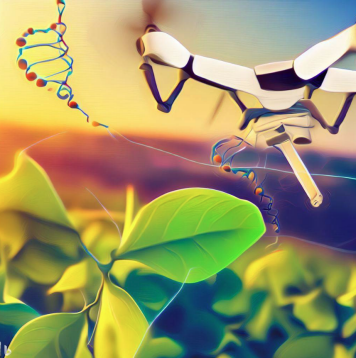
GRiP – Genetic and Robotic technologies for Pest detection in vineyards
An interdisciplinary research project aiming at improving the sensitivity and timeliness of pest detection and surveillance. The primary application of this study is the detection of two invasive species, Scaphoideus titanus (which causes Flavescence dorée disease) and Popillia japonica Newman, in Swiss vineyards.
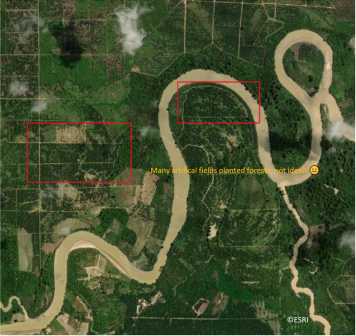
Finding wild rivers with AI
A citizen science project combining AI and satellite images to evaluate rivers' wildness.